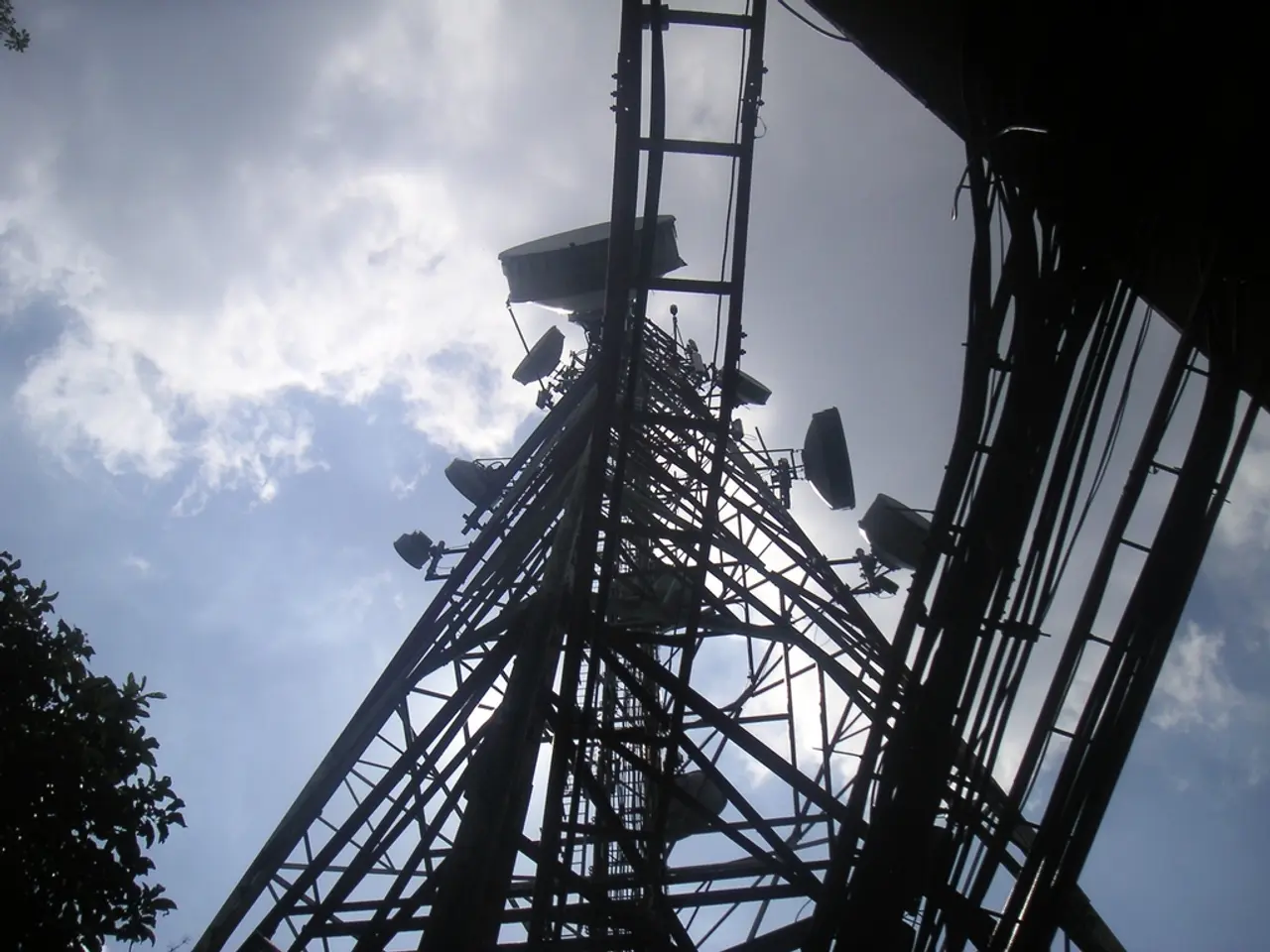Ontario shells out an undisclosed sum to scrap $100 million Starlink arrangement
In a recent turn of events, Ontario has cancelled its $100 million contract with SpaceX's Starlink, leaving approximately 15,000 households in northern Ontario without a clear path towards reliable high-speed internet access [1][2][3][5]. The decision was driven by escalating trade tensions and tariffs between Canada and the U.S.
Premier Doug Ford, in his comments, noted Elon Musk's close ties to the Trump administration as a reason for the cancellation, though no further details were provided [1]. Other provinces have also expressed intentions to end their contracts with Starlink [1].
The cancellation leaves northern Ontario residents, including remote First Nations communities, without the promised reliable high-speed internet service. The provincial government is now seeking alternative ways to bring reliable broadband to underserved communities [1][5].
Options such as Xplore, a Canadian internet service provider specializing in rural areas, and the Canadian-owned Telesat Lightspeed satellite network, are being discussed [1][5]. However, Telesat’s system is not expected to be operational until mid-2026 [1]. Expansion of fiber-optic infrastructure remains a potential but long-term solution, given the significant costs and time required for construction [1][5].
Quebec's handling of similar rural connectivity issues—signing a nearly $1 million contract with SpaceX to provide high-speed internet to rural courthouses due to the lack of viable alternatives—highlights the scarcity of dependable options currently available for remote communities [1].
Residents in northern Ontario can still independently subscribe to Starlink, which continues to offer residential satellite internet service commercially. However, the government deal to subsidize or guarantee the service for rural communities has ended [3].
The exact cost of the cancellation fee has not been disclosed, but it was significantly less than the original $100 million price tag [1]. The Ontario government paid a negotiated fee to exit the agreement [1].
In summary, reliable alternatives for broadband in northern Ontario after the Starlink contract cancellation are limited and largely in development, with service providers like Xplore and Telesat Lightspeed being discussed but not yet fully deployed, and fiber-optic expansion still a more distant prospect [1][2][3].
[1] CBC News. (2023). Ontario cancels $100-million Starlink contract with SpaceX. Retrieved from https://www.cbc.ca/news/canada/ottawa/ontario-starlink-cancellation-1.6418137 [2] Global News. (2023). Ontario cancels $100M Starlink contract with SpaceX. Retrieved from https://globalnews.ca/news/8591731/ontario-starlink-cancellation/ [3] The Globe and Mail. (2023). Ontario cancels $100-million Starlink contract with SpaceX. Retrieved from https://www.theglobeandmail.com/canada/ontario/article-ontario-cancels-100-million-starlink-contract-with-spacex/ [4] The Toronto Star. (2023). Ontario cancels $100-million Starlink contract with SpaceX. Retrieved from https://www.thestar.com/news/canada/2023/03/15/ontario-cancels-100-million-starlink-contract-with-spacex.html [5] The National Post. (2023). Ontario cancels $100-million Starlink contract with SpaceX. Retrieved from https://nationalpost.com/news/canada/ontario-cancels-100-million-starlink-contract-with-spacex
Politics surrounding trade tariffs has led to the cancellation of Ontario's $100 million contract with SpaceX's Starlink, prompting a search for alternative means to provide reliable high-speed internet access in rural and remote areas [1][2][3][5]. General-news sources have reported discussions regarding options such as Xplore, Telesat Lightspeed, and fiber-optic expansion, but these solutions may not be immediately available [1][5].







